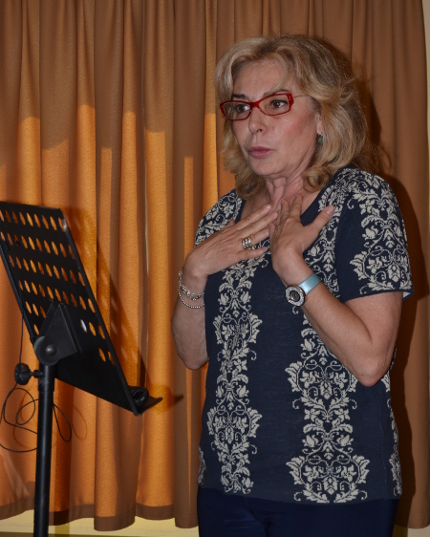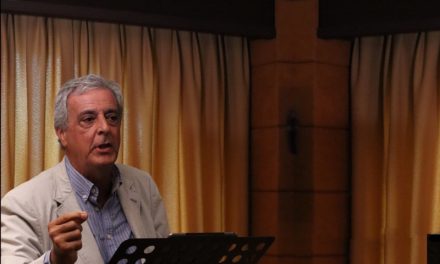Paola Bilancia, professor of Public Law at the University of Milan, proposes the exercise of continuous democracy, a concept that transcends the current model of representative democracy, laying the foundations of a society that is expressed in a plural and continuous manner in all areas from government to the government of schools or places of work. Bilancia defended this thesis during the Third International Act of the Royal European Academy of Doctors-Barcelona 1914 (RAED), held between 15 and 22 July in different Baltic capitals and in which he participated with the work “La crisi della democrazia rappresentativa”. (The crisis of participatory democracy).

Dra. Paola Bilancia
For Bilancia, it’s an evidence that representative democracy is in crisis in Western societies, as evidenced by the eruption of populisms that call into question the system. In view of this, she believes, it’s possible to carry out an ample reflection and to undertake measures that surpass the present model. “It’s not the democracy itself that is in doubt, but the form of representation that it has -says the professor-. Citizens demand a level of participation in their rights and duties that this form of organization of society can’t offer”.
Bilancia calls for bringing democracy beyond the election of political representatives so that it can be exercised directly and continuously in all areas of decision. “The complete development of democracy in a national system is based not only on the political representation and application of traditional institutions of direct democracy, but also on the participation of citizens in the decisions that affect them and in the spaces who can exercise these rights: in schools, in factories and in different social formations”, she explains.
Among the mechanisms for exercising this democracy continues in an effective and, above all, with full guarantees, Bilancia proposes a firm commitment to the awareness and formation of society to exercise responsibly their rights and the implementation of participatory mechanisms as they can be those that already offer the new technologies. “E-democracy has to be a reality and it is necessary that no one is left out of it”, she concludes.


